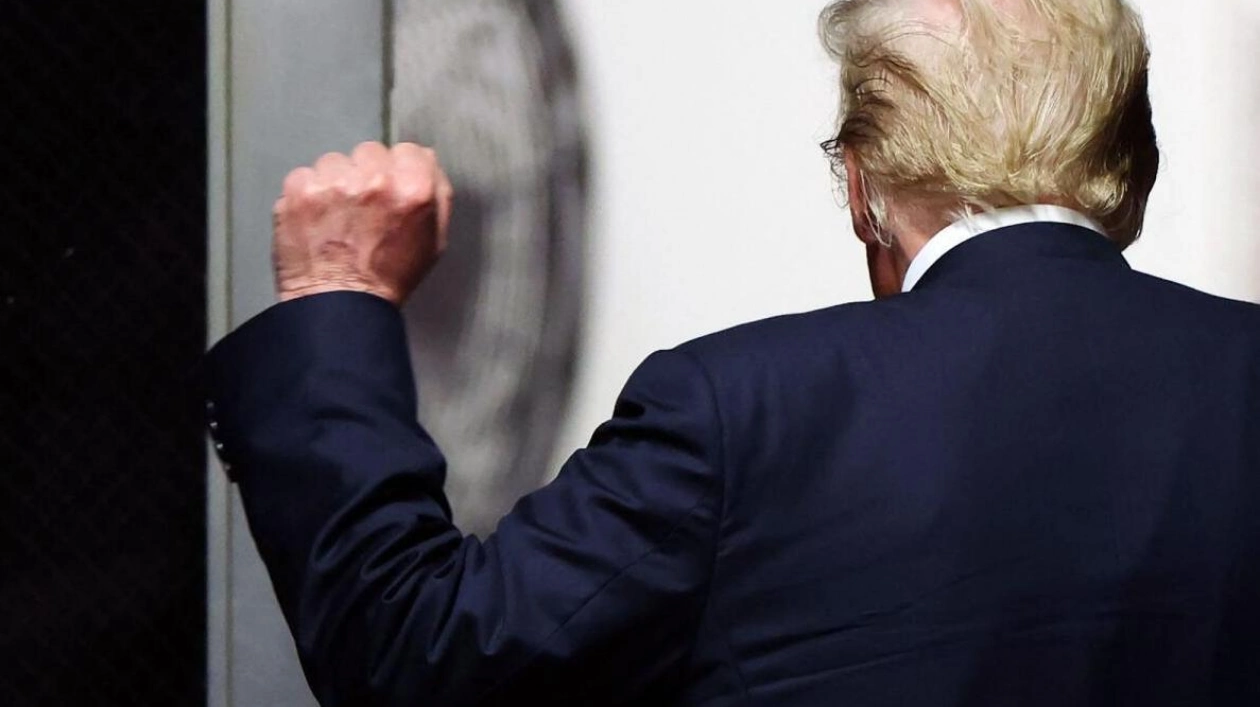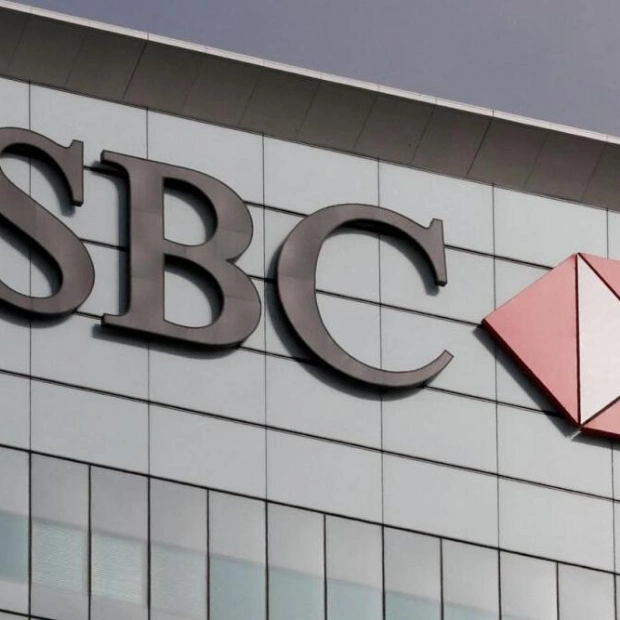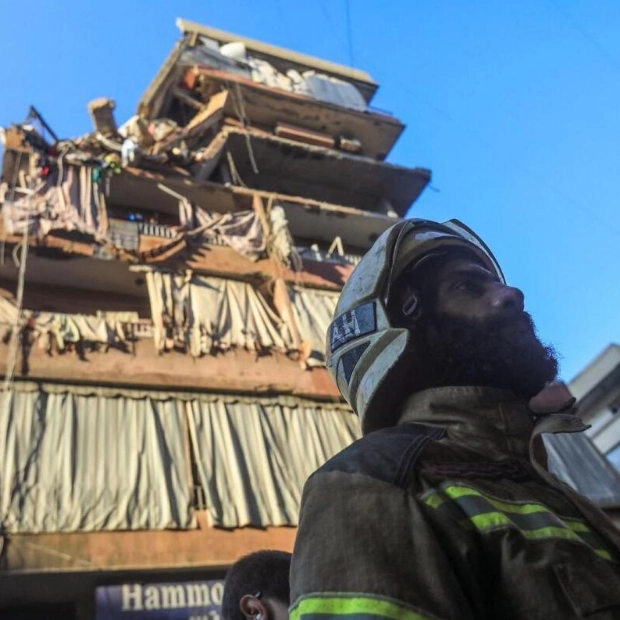Donald Trump raises a fist as he makes his way to the courtroom following the commencement of deliberations in his criminal trial at Manhattan Criminal Court in New York City on May 29, 2024. — AFP
A New York judge is expected to make a decision this week on whether president-elect Donald Trump's criminal conviction related to hush money paid to a porn star should be reversed, considering the US Supreme Court's July ruling on presidential immunity. Justice Juan Merchan has indicated he will deliver his verdict by Tuesday. This marks the first of two critical decisions the judge must make post Trump's November 5 election win. Merchan also needs to determine whether to proceed with sentencing Trump on November 26 as currently planned. Legal analysts suggest that sentencing before Trump's January 20 inauguration is improbable. A positive ruling for Trump on the immunity issue or a postponement of sentencing could enable him to return to the White House without the hindrance of the four criminal cases that once seemed to jeopardize his bid to reclaim the presidency.
The US Justice Department is currently evaluating how to conclude the two federal criminal cases brought against Trump by Special Counsel Jack Smith, adhering to its policy against prosecuting a sitting president. Meanwhile, a separate case in Georgia, involving state criminal charges related to Trump's efforts to overturn his 2020 presidential election loss, remains unresolved. Trump, 78, has pleaded not guilty and refuted any wrongdoing in all four cases, characterizing them as politically motivated persecutions by allies of Democratic President Joe Biden aimed at derailing his campaign.
"It is increasingly evident that Americans desire an immediate halt to the politicization of our justice system," stated Trump campaign spokesperson Steven Cheung on Friday. In May, Trump became the first US president to be convicted of a crime when a jury in Manhattan found him guilty of state charges of falsifying business records to conceal a potential sex scandal just before his first presidential victory in 2016. Trump has pledged to appeal the conviction post-sentencing. His legal team argues that the case should be dismissed following the Supreme Court's immunity ruling. The Supreme Court, in a decision stemming from one of Smith's two cases against Trump, determined that presidents are immune from prosecution involving their official acts, and that juries cannot be presented evidence of official acts in trials over personal conduct. This marked the first time the court acknowledged any degree of presidential immunity from prosecution.
Trump's attorneys claim that the jury that convicted him was shown evidence by prosecutors of his social media posts as president and heard testimony from his former aides about conversations that took place in the White House during his 2017-2021 term. Prosecutors from the office of Manhattan District Attorney Alvin Bragg, a Democrat, contend that the Supreme Court's ruling does not apply to the case, which they argue concerns "wholly unofficial conduct". The Supreme Court's ruling found no immunity for a president's unofficial acts.
"Even if the judge determines that some of the evidence should not have been introduced, it would not have altered the outcome of the jury's decision, and the court will not dismiss the case on that basis," explained New York Law School professor Anna Cominsky. Even if Merchan upholds the conviction, experts anticipate Trump's lawyers to request a delay in sentencing. Trump faces a potential sentence of up to four years in prison after being convicted of 34 felony counts. Legal experts suggest that while lesser penalties such as fines or probation are more probable, a prison sentence is not out of the question.
Source link: https://www.khaleejtimes.com






